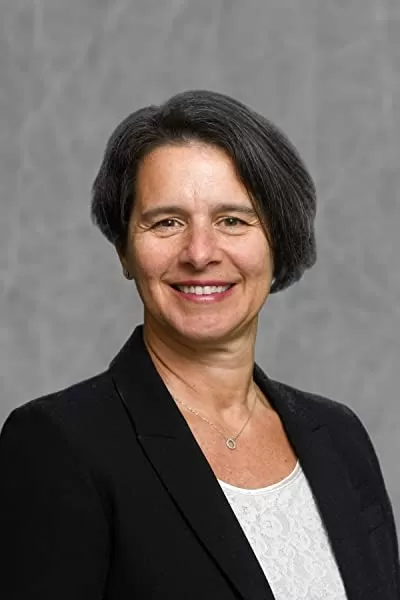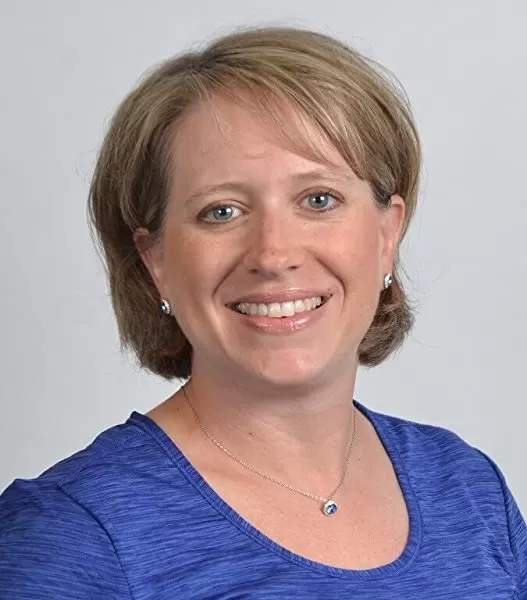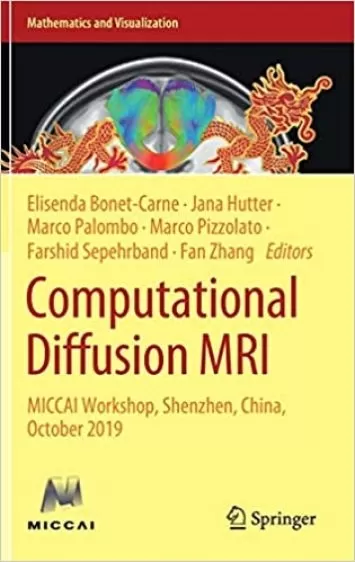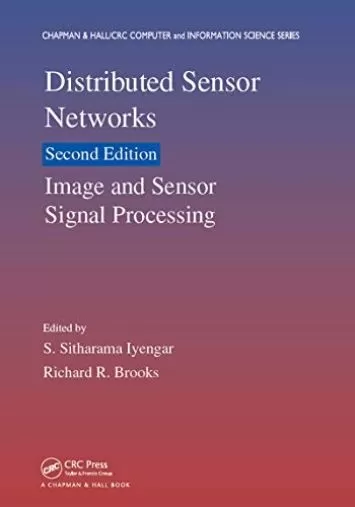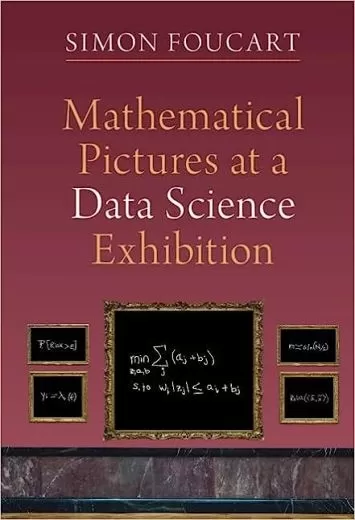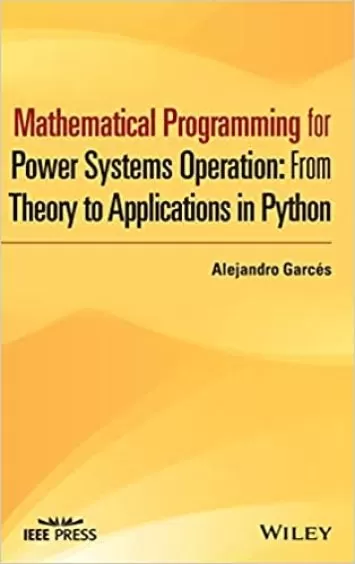
Activating Math Talk: 11 Purposeful Techniques for Your Elementary Students (Corwin Mathematics Series)
Category
Author
Publication
Corwin
Review
Weve come a long way since discussion in math class meant that individual students shared their strategies one after the other with little interaction or reflection. This book is based on the premise that discourse skills can and must be learned and practiced if all students are to have access to participation in high-quality talk about significant mathematical ideas. Based on a decade of work with teachers and coaches, it provides clear, specific strategies illustrate d with classroom examples for supporting students as they learn how to talk, listen, and question during all phases of the math lesson. -- Susan Jo Russell
Packed with powerful teaching ideasthere are so many excellent teaching strategies in this single book! A teacher could learn to implement one or two of these techniques and the book will have been worth its cost. It provided ideas that I wanted to try to implement RIGHT AWAY!" -- Amanda Jansen
This book does a great job of providing how-to steps that I was able to incorporate into my own practice. These techniques for discourse are appropriate for a wide variety of grade and skill levels. I especially appreciated the strategies for differentiation and for meeting the needs of emergent multilinguals. -- Tyler Erickson
We teachers know students can talk. But teaching how to talk to further mathematical understanding is challenging. Activating Math Talk gave me strategies to guide students, even reticent ones, into meaningful mathematical discourse. It challenged me to be more purposeful in opening spaces for students to surprise you. It changed the way I taught and listened to students, making me a better teacher, and helped me create an exciting, respectful classroom environment where my students gained confidence and competence in building shared mathematical understanding. -- Kim Zeugner
Fostering a discourse-rich classroom is essential for emergent multilingual learners to develop deep understandings of mathematics. The authors provide the what, why, and how of developing meaningful learning communities through practical, research-based suggestions that teachers can take directly into their classrooms. The inclusion of excerpts from real classrooms allows us insights into the teachers and learners experiences as we learn how to center and foster language in the mathematics classroom. This book is a great resource for teachers and teacher educators who wonder how to help move the math forward while students are acquiring language. -- Zandra de Araujo
This book is set up well for grade-level teams to do a book study and set goals for how they are working towards creating a discourse community in their classrooms. -- Joshua Males
This is a needed resource right now. We teachers just arent doing this in our classrooms and we need a resource to develop this aspect of our instruction. -- Kyle Cayce
About the Author
Paola Sztajn is a Professor of Mathematics Education at North Carolina State University and is a Principal Investigator in Project AIM (All Included in Mathematics). Her research program focuses on elementary teachers professional development in mathematics and has been supported with several grants from different funding agencies. She has written over 90 papers, mostly focused on elementary school mathematics teachers and teaching. The overarching question guiding her over 20 years of work in mathematics education is: in which ways do practicing elementary teachers acquire and continue to develop the professional knowledge and identity needed to teach all students high quality mathematics? She works with colleagues from different fields, in collaborative studies that allow for in-depth investigations of this complex question.
Daniel Heck is Vice President of Horizon Research, Inc. in Chapel Hill, North Carolina and is a Principal Investigator in Project AIM. His research and development work spans many areas of mathematics education: classroom learning environments and discourse; teacher professional development design, enactment, and impacts; curriculum design and enactment; and student problem solving. Tying all of this work together is a central interest in how teaching and learning in school can tap into students intuitions, informal ideas, and insights to develop powerful, formal understandings of mathematics. He has enjoyed and benefitted from collaboration with colleagues in practice and research locally, across the country, and around the world who share this interest.
Kristen Malzahn is a Senior Researcher at Horizon Research, Inc. in Chapel Hill, NC and a co-Principal Investigator in Project AIM. She began her career as an elementary school teacher and went on to receive a M. Ed. in Curriculum and Instruction at the University of North Carolina at Greensboro. Over the past two decades, she has worked on several mathematics education research and evaluation projects and published a number of journal articles and book chapters, many of which focused on mathematics professional development for elementary and middle grades teachers. Understanding the successes and challenges of teaching, she is most interested in supporting teachers as they work to provide effective mathematics instruction for each and every student.





